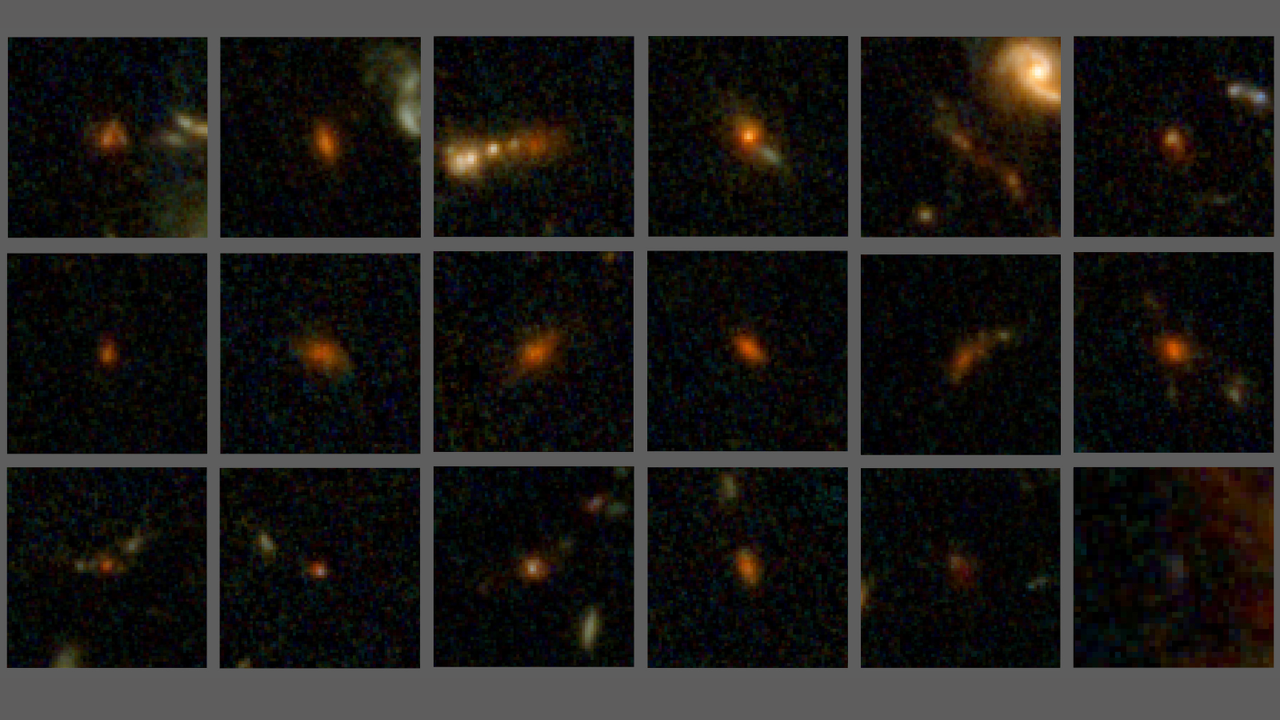
The penultimate part of the series starts in western Bangladesh with a boat trip down the mighty River Padma (the Ganges in India) and ends with a perilous jungle trek into a remote area of Burma.
Starting in Bangladesh, the country thought to be most vulnerable to climate change, Simon finds communities on the River Padma desperately shoring up the riverbank as increased melting in the Himalayas means their land is crumbling away before their eyes. And he goes night fishing with otter fishermen, clinging to their curious way of life despite dwindling fish stocks.
Bangladesh is also the most densely populated large country in the world, and in the mega-city of Dhaka, one of the fastest growing cities in the entire Tropics, millions live in terrible poverty and children work to help feed their families. In a sweltering glass factory Simon meets Jahangir, a 10-year-old worker earning around 30p a day, and learns that child labour is a harsh fact of life in Bangladesh, where nearly five million children earn vital income for their families or themselves. It is an emotional meeting and an upsetting subject.
Simon discovers that Western campaigners and fashion firms have forced Bangladeshi clothing factories to stop employing child labour, but this has meant many families going hungry, and many children have taken riskier jobs.
Jahangir then takes Simon to a charity project, one of thousands established by UNICEF, where Jahangir is one of the working children learning vital skills so they can break out of the cycle of poverty.
Leaving Dhaka, Simon joins a knockabout game of Kabbadi, the national sport, which involves holding a single breath while tagging players on the opposing team, and avoiding being wrestled to the ground. Simon escapes with just minor injuries.
Following the Tropic on to the north-east Indian state of Tripura, Simon discovers the impact of humans on the local wildlife, visiting a sanctuary for an endangered species of monkey whose forest habitat is disappearing, a huge issue in this area of the Tropics.
Simon then travels across the neighbouring state of Mizoram, a province so remote that people there call India "the mainland", and on to the most dangerous part of his entire journey: Burma.
The Tropic of Cancer goes right through Burma, perhaps the most repressive regime in the entire Tropics, but the military regime has banned the BBC from filming in the country.
Keen to follow the Tropic of Cancer to forgotten parts of the Tropics, Simon travels to a remote section of the India-Burma border and then crosses covertly into Burma via a ramshackle zip wire across a turbulent river.
With his producer and cameraman, Simon treks through a remote area of Chin state, visited by just a handful of outsiders since the Second World War, to a village of ethnic Chin people, and learns how the Chin are brutalised and oppressed by the Burmese military, and how they rely on covert aid workers for basic healthcare.
Late at night, Simon is told a Burmese army patrol is close by and he and the BBC team have to flee, trekking through the night and pouring rain, back towards safety in India.

The penultimate part of the series starts in western Bangladesh with a boat trip down the mighty River Padma (the Ganges in India) and ends with a perilous jungle trek into a remote area of Burma.
Starting in Bangladesh, the country thought to be most vulnerable to climate change, Simon finds communities on the River Padma desperately shoring up the riverbank as increased melting in the Himalayas means their land is crumbling away before their eyes. And he goes night fishing with otter fishermen, clinging to their curious way of life despite dwindling fish stocks.
Bangladesh is also the most densely populated large country in the world, and in the mega-city of Dhaka, one of the fastest growing cities in the entire Tropics, millions live in terrible poverty and children work to help feed their families. In a sweltering glass factory Simon meets Jahangir, a 10-year-old worker earning around 30p a day, and learns that child labour is a harsh fact of life in Bangladesh, where nearly five million children earn vital income for their families or themselves. It is an emotional meeting and an upsetting subject.
Simon discovers that Western campaigners and fashion firms have forced Bangladeshi clothing factories to stop employing child labour, but this has meant many families going hungry, and many children have taken riskier jobs.
Jahangir then takes Simon to a charity project, one of thousands established by UNICEF, where Jahangir is one of the working children learning vital skills so they can break out of the cycle of poverty.
Leaving Dhaka, Simon joins a knockabout game of Kabbadi, the national sport, which involves holding a single breath while tagging players on the opposing team, and avoiding being wrestled to the ground. Simon escapes with just minor injuries.
Following the Tropic on to the north-east Indian state of Tripura, Simon discovers the impact of humans on the local wildlife, visiting a sanctuary for an endangered species of monkey whose forest habitat is disappearing, a huge issue in this area of the Tropics.
Simon then travels across the neighbouring state of Mizoram, a province so remote that people there call India "the mainland", and on to the most dangerous part of his entire journey: Burma.
The Tropic of Cancer goes right through Burma, perhaps the most repressive regime in the entire Tropics, but the military regime has banned the BBC from filming in the country.
Keen to follow the Tropic of Cancer to forgotten parts of the Tropics, Simon travels to a remote section of the India-Burma border and then crosses covertly into Burma via a ramshackle zip wire across a turbulent river.
With his producer and cameraman, Simon treks through a remote area of Chin state, visited by just a handful of outsiders since the Second World War, to a village of ethnic Chin people, and learns how the Chin are brutalised and oppressed by the Burmese military, and how they rely on covert aid workers for basic healthcare.
Late at night, Simon is told a Burmese army patrol is close by and he and the BBC team have to flee, trekking through the night and pouring rain, back towards safety in India.








































.jpg)




























































